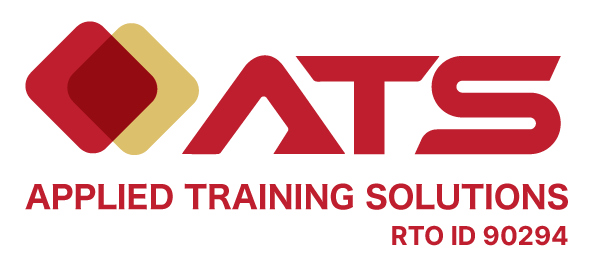TRANSPORT AND LOGISTICS
The Transport and Logistics industry is a critical component of the Australian economy, a fact underscored during the COVID-19 pandemic. It encompasses the production, storage, inventory management, delivery, and distribution of goods and services.
This industry facilitates the movement of passengers and essential goods across Australia, covering road transport, logistics, warehousing, and stevedoring. Emerging technologies, such as automated and semi-automated vehicles, equipment, and systems, are transforming the sector and distribution of goods and services.
TLIF0025 Follow work health and safety procedures
Target Audience: All transport and logistics employees
TLIF0009 Ensure the safety of transport activities
This unit involves the skills and knowledge required to ensure the safety of transport activities.
Target Audience: Operational Worker, Loader/Unloader, Supply Chain Worker, SalesTLIF0080 Implement and monitor the safety duties of transport activities
This unit involves the skills and knowledge required to monitor the safety of transport activities.
Target Audience: consignor, operator, employer, prime contractor, loader, loading manager, packer, consignee, scheduler, unloader.TLIF0005 Apply a fatigue risk management system
This unit involves the skills and knowledge required to ensure the safety of transport activities.
Target Audience: Transport Staff, Logistics Staff, Drivers, OperatorsTLIF0006 Administer a fatigue risk management system
This course provides the skills and knowledge required for road transport schedulers or supervisors/managers to administer a fatigue risk management system within the Transport and Logistics industry.
TLIF0007 Manage a fatigue risk management system
This course provides the skills and knowledge required for road transport schedulers or supervisors/managers to administer a fatigue risk management system within the Transport and Logistics industry.
TLIA1001 Secure cargo
This unit involves the skills and knowledge required to secure cargo, in accordance with procedures and regulatory requirements, as part of work activities within industry.
TLID0015 Load and unload goods/cargo
This unit involves the skills and knowledge required to load and unload goods and/or cargo.
TLI31222 Certificate III in Driving Operations
This is a qualification for those engaged in driving operation job roles within the transport and logistics industry.
TLI30321 Certificate III in Supply Chain Operations
This is a qualification for supply chain operations and includes logistics and warehousing operations specializations.
Target Audience: logistics operator, rail terminal operator, supply chain administration officer, supply chain administration operator, warehouse operatorTLI40324 Certificate IV in Supply Chain Operations
This is a qualification for those engaged in supply chain operations and includes specialisations for logistics, purchasing and procurement, transport scheduling and warehousing.
Target Audience: logistics coordinator/supervisor, team leader, schedulerTLI50224 Diploma of Logistics
This is a general qualification for the integrated management of logistics.
Target Audience: logistics manager

